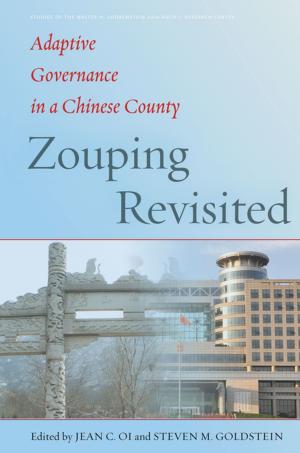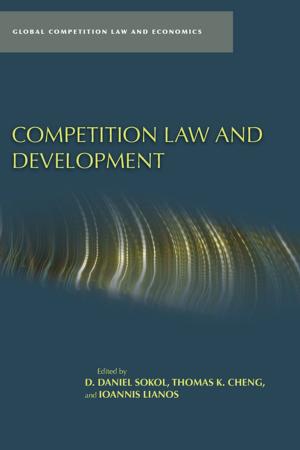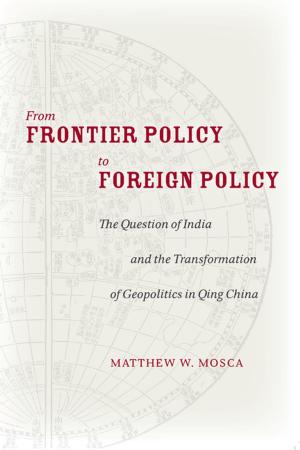Shifting Ethnic Boundaries and Inequality in Israel
Or, How the Polish Peddler Became a German Intellectual
Nonfiction, History, Middle East, Israel| Author: | Aziza Khazzoom | ISBN: | 9780804779579 |
| Publisher: | Stanford University Press | Publication: | March 7, 2008 |
| Imprint: | Stanford University Press | Language: | English |
| Author: | Aziza Khazzoom |
| ISBN: | 9780804779579 |
| Publisher: | Stanford University Press |
| Publication: | March 7, 2008 |
| Imprint: | Stanford University Press |
| Language: | English |
Why do racial and ethnic groups discriminate against each other? The most common sociological answer is that they want to monopolize scarce resources—good jobs or top educations—for themselves. This book offers a different answer, showing that racial and ethnic discrimination can also occur to preserve particular group identities. Shifting Ethnic Boundaries and Inequality in Israel focuses on the early period of Israeli statehood to examine how the European Jewish founders treated Middle Eastern Jewish immigrants. The author argues that, shaped by their own unique encounter with European colonialism, the European Jews were intent on producing Israel as part of the West. To this end, they excluded and discriminated against those Middle Eastern Jews who threatened the goal of Westernization. Blending quantitative and qualitative evidence, Aziza Khazzoom provides a compelling rationale for the emergence of ethnic identity and group discrimination, while also suggesting new ways to understand Israeli-Palestinian relations.
Why do racial and ethnic groups discriminate against each other? The most common sociological answer is that they want to monopolize scarce resources—good jobs or top educations—for themselves. This book offers a different answer, showing that racial and ethnic discrimination can also occur to preserve particular group identities. Shifting Ethnic Boundaries and Inequality in Israel focuses on the early period of Israeli statehood to examine how the European Jewish founders treated Middle Eastern Jewish immigrants. The author argues that, shaped by their own unique encounter with European colonialism, the European Jews were intent on producing Israel as part of the West. To this end, they excluded and discriminated against those Middle Eastern Jews who threatened the goal of Westernization. Blending quantitative and qualitative evidence, Aziza Khazzoom provides a compelling rationale for the emergence of ethnic identity and group discrimination, while also suggesting new ways to understand Israeli-Palestinian relations.















